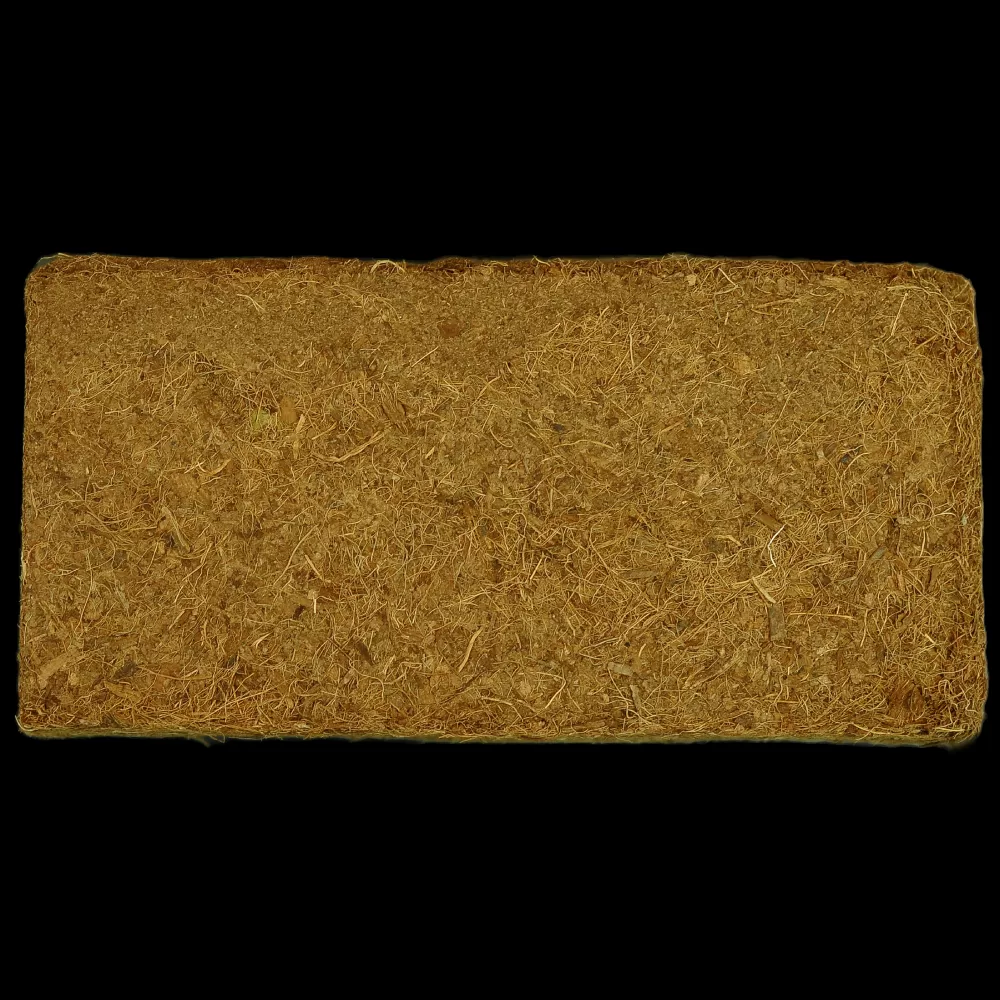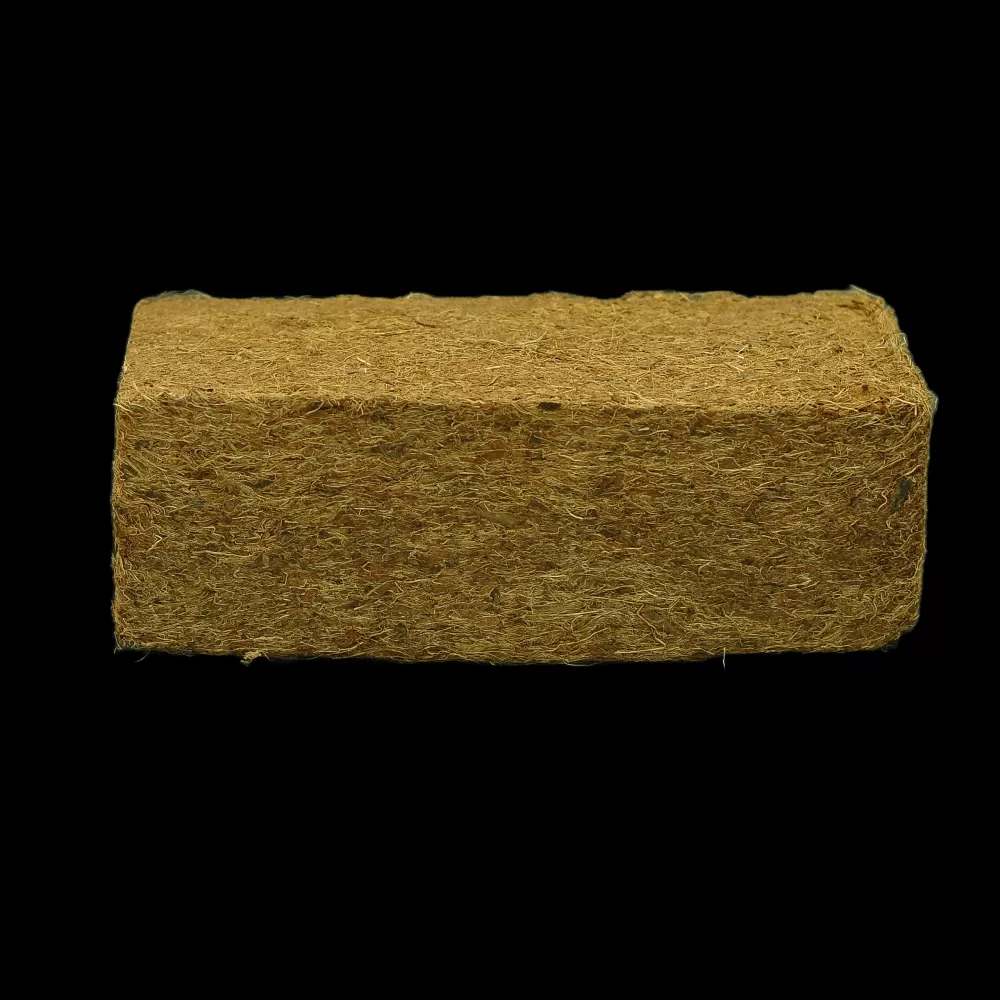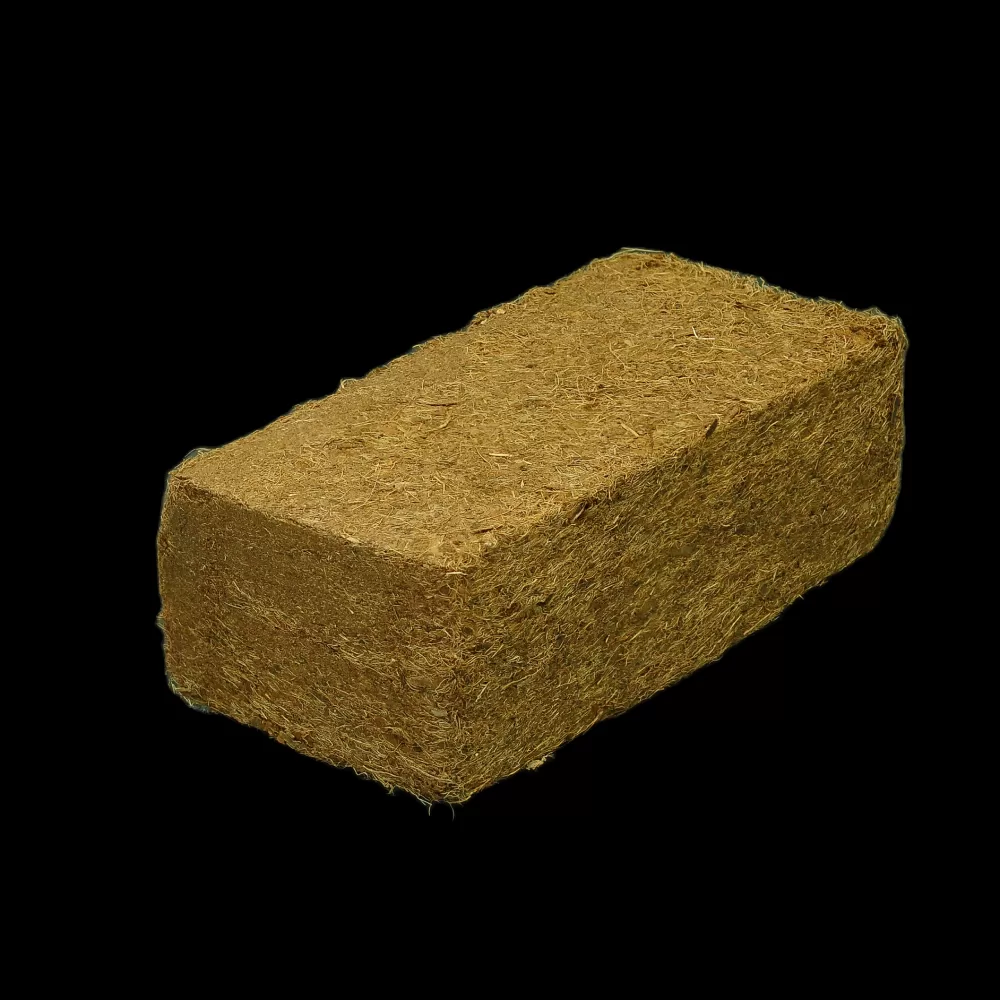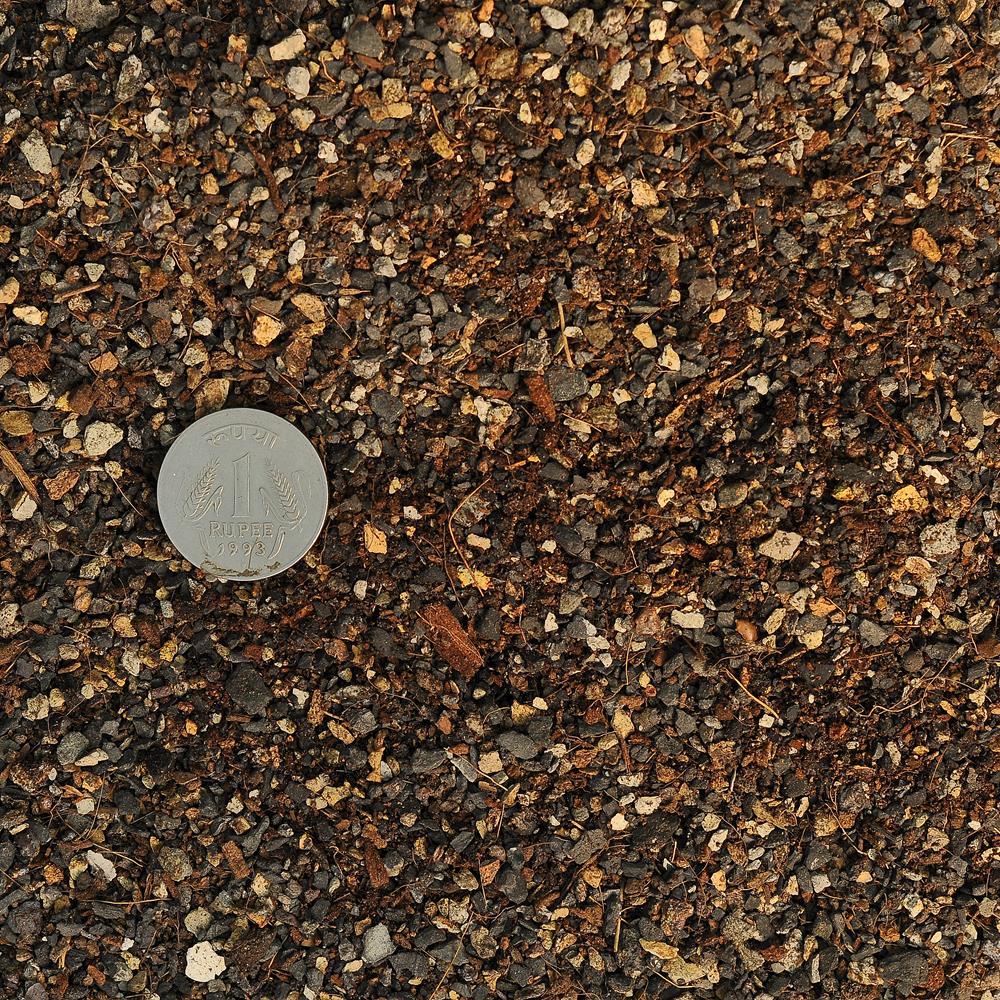Role of Soil
In order to make the perfect media, we need to understand what soil does for plants. A couple of decades back, gardening was done with backyard soil alone. It was all that was required along with a little bit of Farmyard Manure.
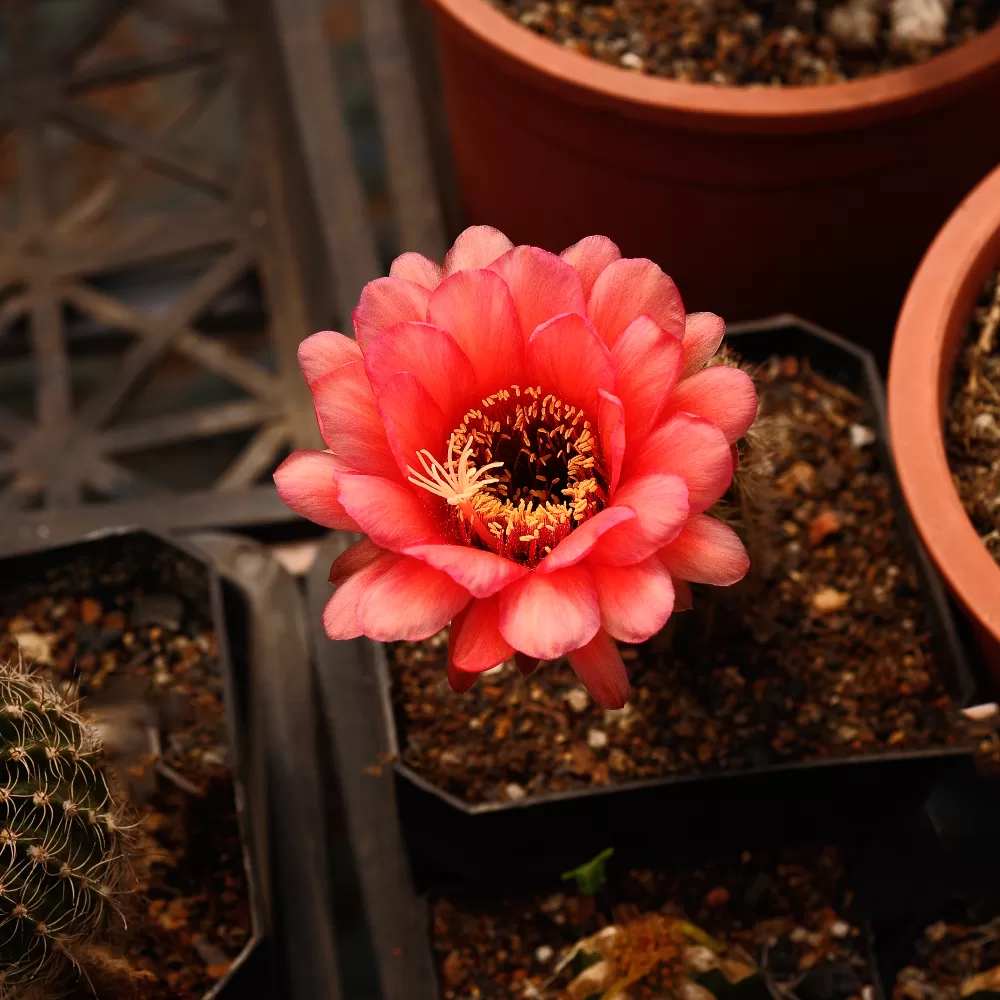
Soil plays a multifaceted and crucial role in the life and growth of plants. Its functions are diverse and essential for the health and well-being of plants:
- Support and Anchorage: Soil provides a physical foundation for plants. It supports plant structures and helps to anchor the roots, giving plants stability and a place to grow.
- Nutrient Supply: Soil is a primary source of nutrients necessary for plant growth. These nutrients include macronutrients like nitrogen, phosphorus, and potassium, as well as micronutrients like iron, manganese, zinc, and copper. The availability of these nutrients in the soil directly affects the health and growth of the plant.
- Water Storage and Supply: Soil acts as a reservoir for water. It absorbs rainfall and irrigation water and stores it, making it available for root absorption. The capacity of soil to hold water and the rate at which it releases water to plant roots are critical for plant survival and growth.
- Gas Exchange: Soil facilitates the exchange of gases between roots and the atmosphere. Roots absorb oxygen from the soil and release carbon dioxide as a byproduct of respiration. Well-aerated soil, which contains adequate spaces or pores, is essential for this gas exchange.
- Medium for Biological Activity: Soil is a living environment that hosts a wide variety of organisms, including bacteria, fungi, insects, and worms. These organisms are crucial for maintaining soil health and fertility. They help decompose organic matter, recycle nutrients, and improve soil structure.
- Temperature Buffer: Soil acts as a buffer against temperature extremes. It can absorb heat during the day and release it slowly at night, which helps to moderate soil temperature and provides a more stable environment for plant roots.
- pH Regulation: The pH level of the soil affects the availability of nutrients to plants. Different plants have different pH preferences, and soil can be adjusted (acidified or alkalized) to meet these preferences.
- Filter and Buffer for Pollutants: Soil has the ability to filter and buffer pollutants, thereby protecting plants from potentially harmful substances. It can immobilize or degrade various contaminants, which reduces their availability to plants and minimizes the risk of environmental pollution.
Soil is much more than just a medium in which plants grow; it’s a dynamic and living system that provides support, nutrients, water, air, and protection to plants, thereby playing a vital role in their growth and development.
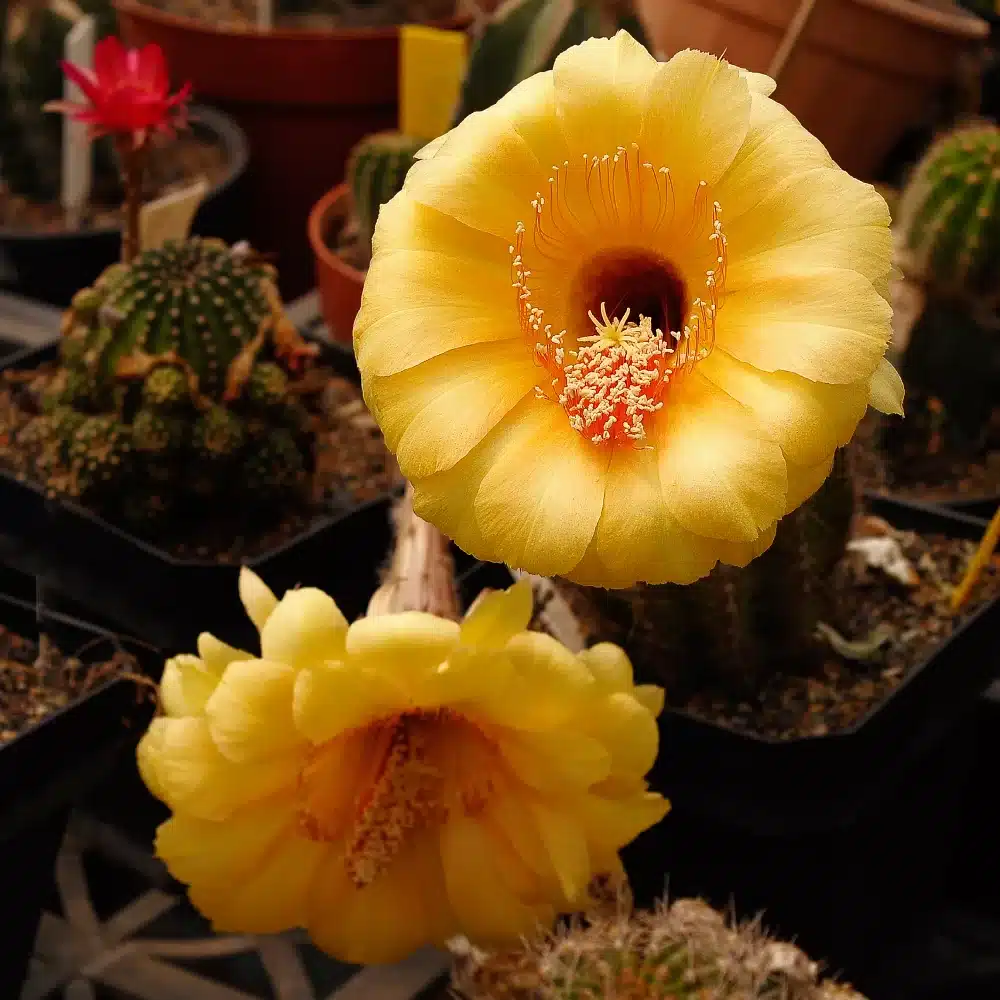
Can we or can we not use Cocopeat as a Growing Media for Cactus and Succulents?
Every media has its plus and minus points. You need to understand the limitations of each growing media and tailor it as per your requirements.
Cactus can indeed be grown in Cocopeat, but there are several reasons why soil or a specialized Cactus Soil is often preferred or recommended:
- Water Drainage and Retention Balance: Cacti are adapted to environments where water is scarce, and they have evolved to store water in their tissues. Cocopeat has excellent water retention properties, which can be a double-edged sword for cacti. It can retain moisture for a longer period than desired, which may lead to root rot if not managed carefully. Specialized Cactus Soil is formulated to have a balance of water retention and drainage, which mimics the natural habitat of cacti and reduces the risk of overwatering.
- Aeration: Cactus roots require good aeration, and they thrive in loose, well-draining substrates. While Cocopeat is generally airy, its structure can compact over time, which reduces aeration. A Cactus-specific soil mix usually contains ingredients like perlite, sand, or grit, which help maintain an airy structure and promote healthy root growth.
- Nutrient Content: Cocopeat is low in nutrients, as it’s primarily composed of coconut husk fibers. While cacti don’t require high levels of nutrients, they still need some for healthy growth. Cactus soils are typically enhanced with the right amount of nutrients to support growth without the risk of nutrient burn, which can occur if the nutrient concentration is too high.
- pH Levels: The pH level of the growing medium is crucial for cacti. Most cacti prefer a slightly acidic to neutral pH. Cocopeat typically has a neutral to slightly acidic pH, which is suitable, but Cactus soils are often specifically adjusted to the ideal pH range for cacti.
- Ease of Use: For many gardeners, especially those who are beginners or prefer convenience, using a pre-mixed Cactus Soil eliminates the guesswork involved in creating a suitable growing medium. These mixes are tailored to provide the optimal conditions for cacti growth.
- Customization for Different Species: There are many different species of cacti, each with slightly different growing requirements. Specialized Cactus Soils can be adjusted or selected based on the specific needs of different cactus species, whereas Cocopeat is more uniform.
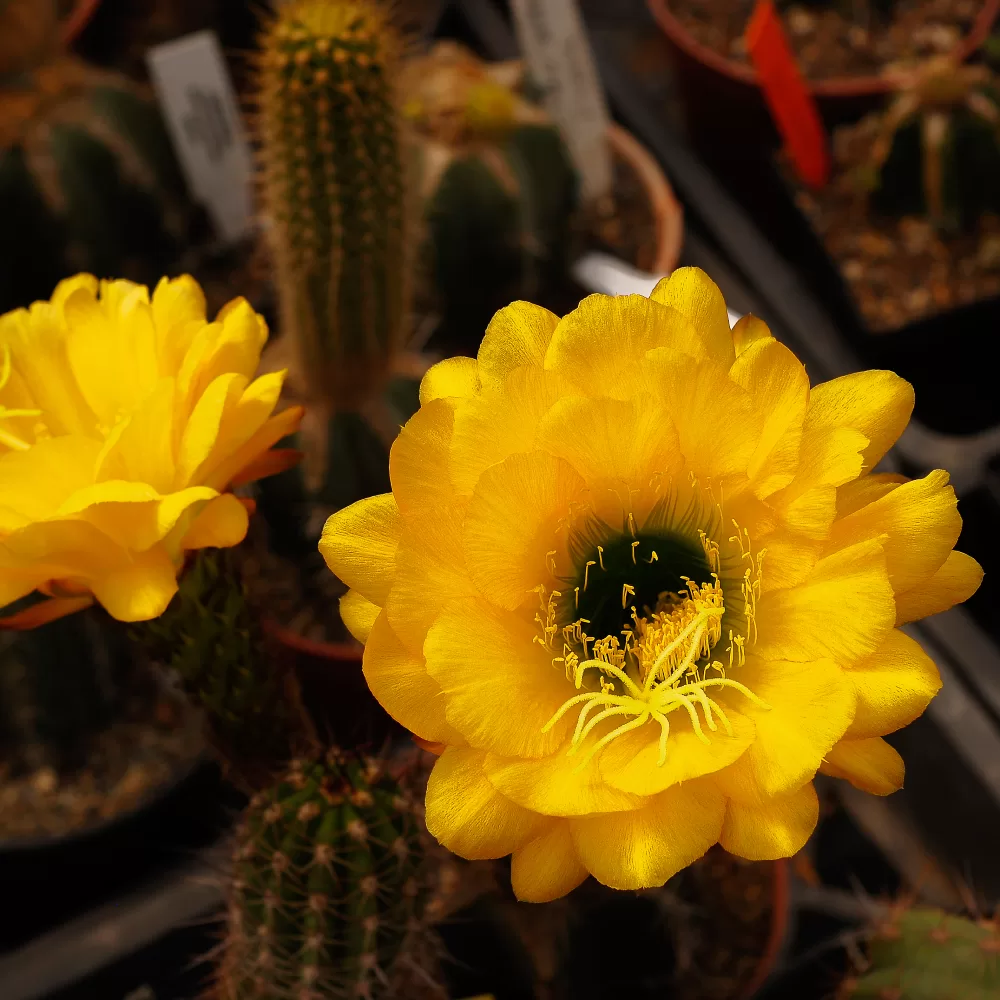
Organic Potting Mix: The Foundation of Healthy Gardening
Welcome to Plantae Paradise, the ultimate destination for premium gardening solutions. Our Organic Potting Mix is ideal for those committed to nurturing their plants with the finest care. This 100% organic, nutrient-rich mix ensures optimal drainage, aeration, and pH balance, making it versatile for Cactus, Succulents, Bromeliads, Orchids, and Adeniums. Some people have found it very effective for Roses too.
Cactus Soil: Tailored for Your Spiky Friends
Are you a proud cactus owner? Our Cactus Soil is specially formulated for the unique needs of cacti and other drought-tolerant plants. This premium soil offers excellent drainage, vital nutrients, and an optimal pH balance. There is a fibre base which is soaked in Phosphate Rich Mix further enriched by a consortium of useful microorganisms.
Avoiding Common Mistakes with Organic Potting Mix
While Organic Potting Mix is a fantastic choice for gardening, common mistakes can impact its effectiveness. Understand the importance of soil testing, finding the right watering balance, tailoring the mix to specific plant needs, adding organic matter, and monitoring nutrient levels. By avoiding these pitfalls, you can cultivate a thriving garden using the natural benefits of Organic Potting Mix.
Happy Planting and Growing!
